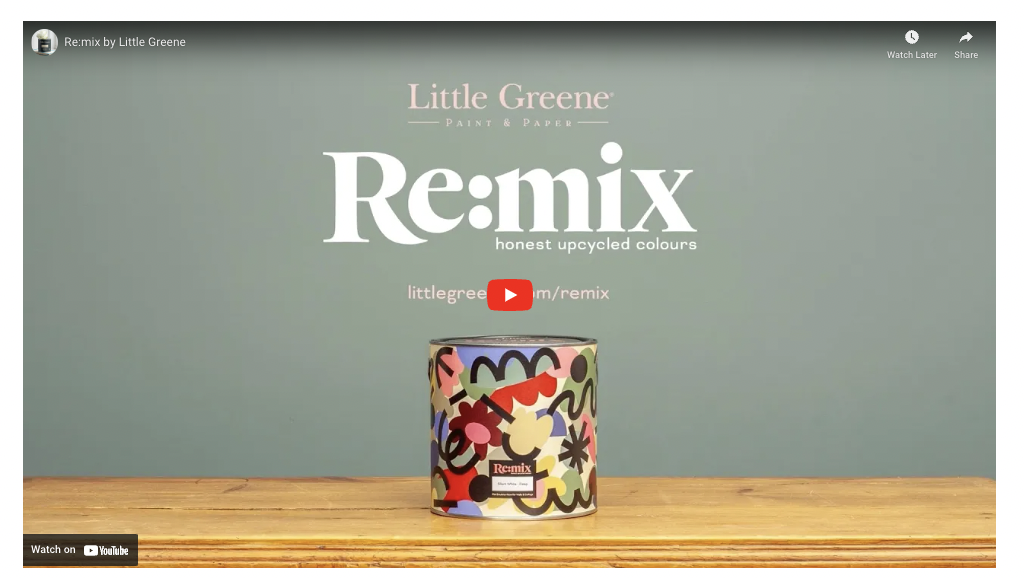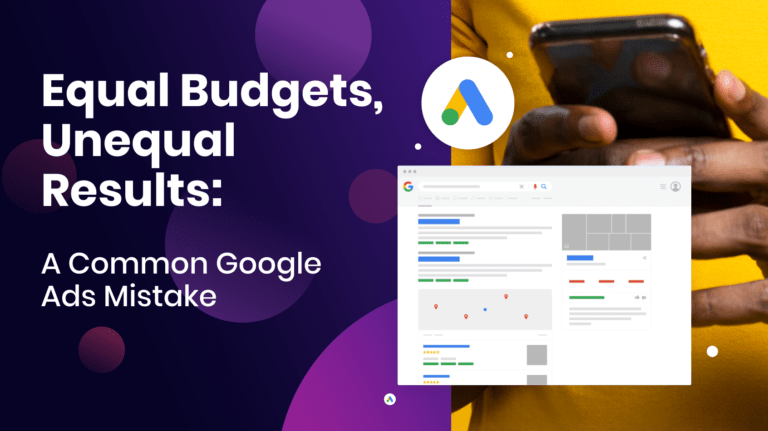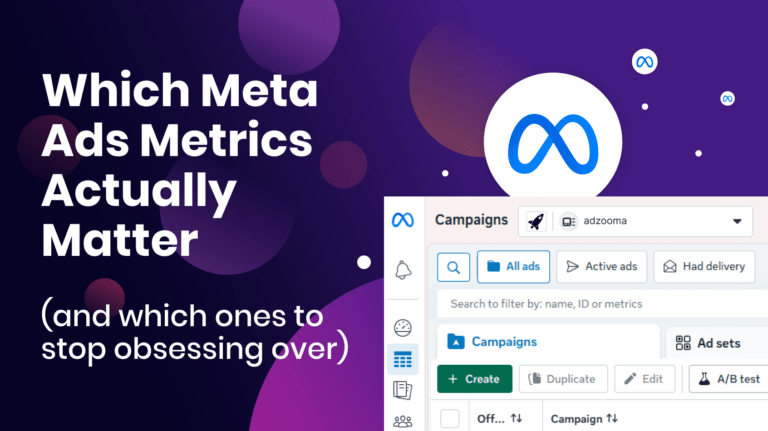Defining ethical marketing is tricky. The concept of ethics can vary from person to person. However, ethics in marketing generally refer to an honest and responsible promotion of products, services and brands. Learn more about the ethical principles and the importance of communicating them to your audience in this ethical marketing guide.
Introduction to Ethical Marketing
What Is Ethical Marketing?
Ethical marketing ultimately means infusing your company’s moral principles into your promotional activity. An organisation may convey these ethical decisions and values to varying degrees in its external messaging.
Depending on your overall business strategy, at minimum ethical marketing can increase consumer satisfaction and trust in your brand. For some businesses, their ethical values can morph into education, campaigning and activism alongside promoting their product or service.
Principles of Ethical Marketing
Generally, marketing activities guided by ethics adhere to a high standard of
- Honesty
- Transparency
- Social and environmental responsibility
- Fairness
- Compliance (in terms of personal data and human rights)
While the focus of an ethical marketing campaign is still on promoting a product, service or brand, ethical marketers aim to do it in a way that upholds these principles.
What Is Unethical Marketing?
When discussing ethical marketing tactics, it’s also worth briefly mentioning what unethical marketing practices may involve. While the main reason for unethical tactics is to gain profit, they can ultimately backfire. Relying on unethical strategies can cause irreparable damage to your brand’s reputation.
Examples of unethical marketing practices include:
- Focusing on profit at the expense of everything else
- Making false, unproven claims about your products, services, brand or ethics
- Baiting customers into purchasing your product or service unnecessarily
- Utilising scare tactics
- Slandering or belittling your competitors
- Adhering to harmful stereotypes of marginalised groups
Why Use Ethical Marketing Strategies?
Treating ethics as a top priority in your marketing activity can have significant benefits.
Help consumers make conscious choices
Showing your product or service benefits alongside the ethical benefits of doing business with you, you’re contributing to conscious consumption. In a world that is broadly committing to sustainable and social standards, highlighting your impact will help you stand out.
Reach target audiences with similar values
Consumers are increasingly choosing to support brands with values that match their own. Highlighting your ethical standards can help to build a positive rapport with your existing audiences as well as new ones.
Increase your profit
Ethical marketing strategy has the potential to increase your profits. The collective benefits of following ethical principles can uplift your brand image and set you apart from competitors. Over time, these positive changes can grow your market share.

How to Ensure Your Campaigns Are Socially Responsible?
If you’re unsure about the ethicality of your campaigns, use the principles of ethical marketing as a checklist. Ask yourself: ‘are I doing something that goes against these principles?’.
Keeping an eye on what other organisations are doing will also help you to assess your own ethical marketing tactics. Take a look at the example below from one of our clients at CTI Digital.
Example of Ethical Marketing
At CTI Digital, we support our clients’ ethical marketing campaigns.
We help our client Little Greene, a sustainable paint and wallpaper brand, to communicate their environmentally conscious practices. In 2022, they launched a new recycled paint collection Re:Mix. We also clarified the messaging on their eco-friendly paint and wallpapers page to support this launch.
Little Greene’s ethical standpoint is to convey their sustainable messaging in an honest and transparent way. While some companies rely on greenwashing to bolster sustainable claims, Little Greene state evidence-based facts without exaggerating the truth. This approach builds consumer confidence in their products and messaging.

What Are the Ethical Implications of Using AI in Marketing?
The rapid, continuing developments in AI technology have introduced various AI-powered tools to marketing teams. While the prevalence of AI can improve the efficiency of many processes within marketing, it also raises some questions about ethics.
Many of the ethical considerations for AI are in the hands of the developers behind it. But, there are things that we as marketers can do to use it responsibly. Being aware of the potential risks of using AI is crucial. This awareness will help you to avoid the pitfalls that could negatively impact your organisation.
AI Algorithm Bias
Although AI is a machine relying on seemingly unbiased, factual data, it’s not free from human influence and bias altogether. AI will reflect any biases that are present in the data the AI is trained on.
Recognising the potential bias of your chosen AI marketing tool is a crucial step towards utilising more AI technology. Bias can negatively impact the integrity of your business, affecting your ethical marketing efforts as a whole.
AI Information Accuracy
There are also concerns about the accuracy of the information that AI tools produce. The use of generative AI in content creation in particular can be at risk of spreading unreliable information. AI tools rarely can provide you with the exact sources they’ve used to gather information.
At this point in time, AI tools aren’t here to take over copywriters’ jobs. Avoid using any unchecked and unedited AI-generated information to ensure you don’t share inaccurate information.
Read our article ‘Will AI Replace Human Copywriters?’ for more advice on how to use AI content creation.
AI Data Security & Privacy
AI is a powerful tool in marketing for personalising the targeting of ads and campaigns. However, in order for it to successfully achieve this level of personalisation, it requires significant amounts of user data.
Maintaining your audience’s trust and the integrity of your business is vital. You can achieve this by being transparent about the personal data you collect and how you use it.
Key takeaways
From building audience trust to increasing internal and external business integrity, infusing ethical principles into your marketing can have many benefits. Review your ethical standards and ensure that your marketing reflects them.
Since AI is here to stay, it’s crucial that we take the ethical issues associated with it into account. Some of the limitations of AI can majorly impact your organisation’s integrity. But, as long as you take action to mitigate these risks, AI can be a powerful tool.
For more specialist marketing content, explore the AdZooma blog.
Discover the award-winning marketing services available at CTI Digital.




